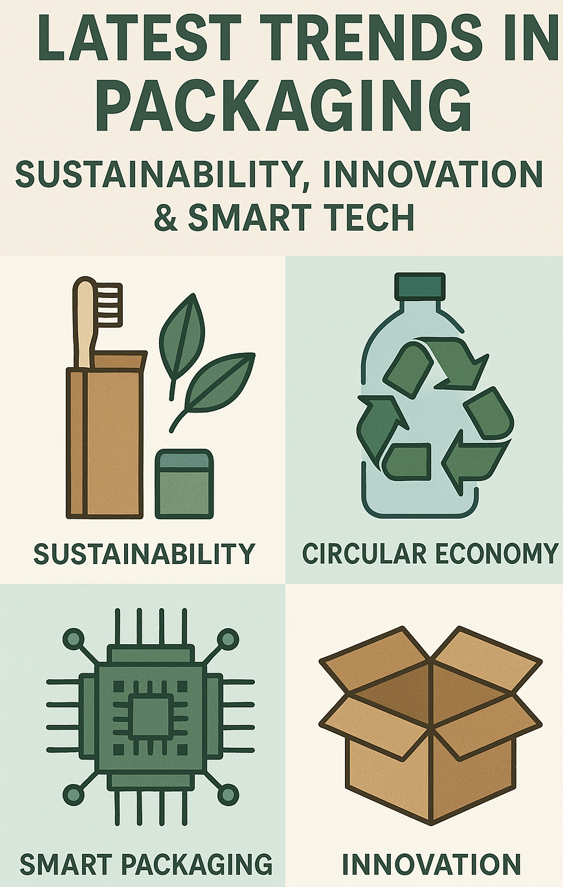
One of the big themes in tech at the moment is the push toward sustainability, and there’s a bunch of that on display at MWC 2023. For instance, Lenovo has introduced a few new measures to try and lessen the environmental impact of buying a brand new laptop.
The most interesting of these is the new Flax Fiber Cover launching as an optional extra for the new ThinkPad Z13. Rather than making the laptop's outer shell out of metal or plastic, Lenovo uses woven strands of Flax Fiber, which are obtained from the stem of the flaxseed plant.
These fibers are then encased in a “bio-based resin” for durability, and Lenovo claims that it’ll pass the same durability tests as its other products. However the outer shell is still connected to a metal top cover, made from 75% recycled aluminum.
I got to spend a few minutes checking out the Flax Fiber Cover and was rather impressed. Despite the distinct look — and the fact it’s made from repurposed plant matter — this cover doesn’t feel out of place on the ThinkPad Z13. In fact it’s solid, smooth and doesn’t feel that different to any number of laptops I’ve used in the past.
The woven fibers have a pretty distinctive look as well, which is sure to stand out in the crowd, even though few people would likely recognize that it is a plant-based design.
Lenovo is also introducing a new plastic-free packaging for its laptops, with boxes made from a blend of bamboo and sugarcane. I held one of the boxes in my hands, and if I hadn't known what it was, I wouldn't have guessed it was any different to any other kind of packaging.
According to Lenovo, this packaging is 100% biodegradable, and can actually be composted at home. Bury it in the yard and it’ll be gone within 6 to 18 months — potentially sooner if you have a particularly aggressive compost bin.
While technology can be particularly hazardous to the environment for a variety of reasons, it’s nice to see that some tech companies are starting to take the topic a little more seriously.
A Flax Fiber shell or compostable packaging won't negate the impact of e-waste, sourcing raw materials and all the other ways tech consumption can mess with the planet, but it’s a reasonably good start. Let’s just hope Lenovo, and all its rivals, start pushing to do more.







